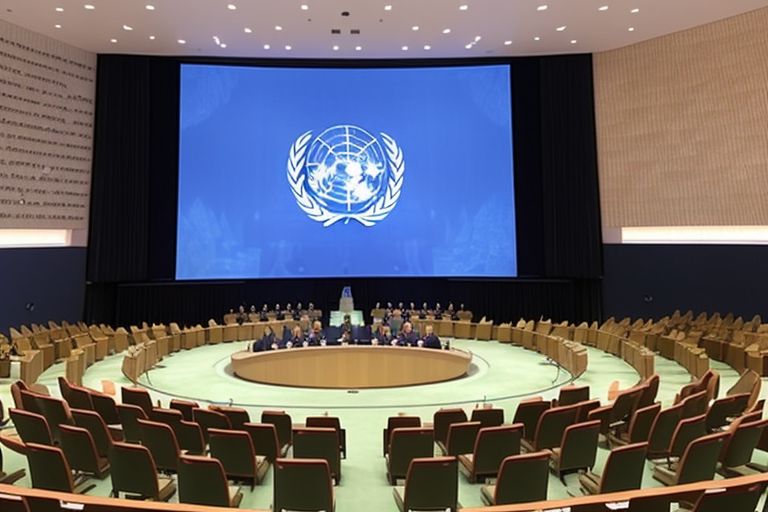The United Nations General Assembly recently took a significant step towards regulating artificial intelligence (AI) globally. On March 21, 2024, a landmark resolution was adopted, emphasizing the development, deployment, and use of “safe, secure, and trustworthy” AI systems. This resolution, led by the United States and co-sponsored by over 120 Member States, aims to ensure AI’s alignment with human rights and its potential to advance sustainable development across all 17 Sustainable Development Goals (SDGs). The assembly recognized AI’s transformative power while urging caution against its risks, marking the first instance of the Assembly addressing the regulation of this emerging field.
Carme Artigas, Co-Chair of the UN’s AI Advisory Body, discussed the unique challenges and potential governance models for AI, stressing the importance of global dialogue and regulation. The rapid evolution of AI technologies like GPT-4 has highlighted the need for international governance to ensure equitable benefits and address associated risks. The Advisory Body’s interim report, reflecting a broad consensus among its diverse members, underscored AI’s potential to accelerate progress towards the SDGs while calling for global cooperation to avoid a digital divide and ensure AI’s responsible use.
Moreover, all UNESCO Member States adopted the first-ever global agreement on the Ethics of Artificial Intelligence, establishing universal standards to guide AI’s ethical development. This agreement aims to balance AI’s benefits with its challenges, advocating for human rights, transparency, accountability, and privacy in AI’s application. It specifically bans AI systems used for social scoring and mass surveillance, highlighting the need for data protection and efficiency in AI technologies to combat climate change and other global issues.
These developments at the United Nations signify a global acknowledgment of the need for comprehensive AI regulation. By promoting a universal framework, the UN aims to harness AI’s potential responsibly, ensuring that it serves humanity’s best interests and contributes positively to global development efforts.










